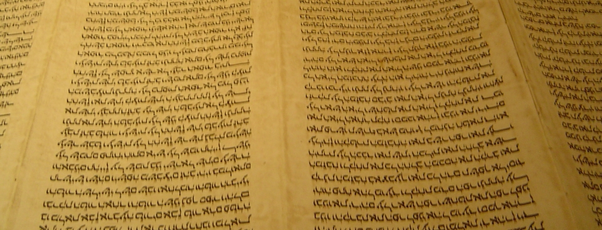 Michael Laitman, On Quora: “What is Shavuot?“
Michael Laitman, On Quora: “What is Shavuot?“
Shavuot is the celebration of the giving of the Torah.
The Jewish holidays, according to the wisdom of Kabbalah, mark significant stages in our spiritual path, i.e., in our transformation from our inborn egoistic selves to our spiritual, altruistic selves, above the human ego.
Specifically on Shavuot, we receive the name “Israel.”
The word “Israel” stems from two words, “Yashar Kel” (“straight to God”). It refers to a state when we are granted the method to attain the Creator, the quality of love and bestowal, through our free will.
If we do not use this method, then we will instead develop involuntarily to that goal through many indirect paths, much suffering and pressuring forces.
Becoming the people of Israel means that we ourselves decide that we truly want to attain the Creator, i.e., to attain relations of love and bestowal among each other, and act as if we ourselves implement such connections, without waiting for the Creator to give us such an ability.
Our efforts to achieve positive relations draw a positive response, which eventually grants us the ability to understand, feel and attain the Creator.
The Creator operates on us whether we attain Him or not. However, when we attain Him, we understand how He works, want Him to act through us, and precede His actions on us with our longing for Him.
In addition, when we discuss “the giving of the Torah” and our “reception of the Torah,” we need to understand that our engagement in the Torah has nothing to do with delving into the words of a written text.
Engaging in the Torah means increasing our unity, prioritizing unity above every divisive drive we feel, as King Solomon put it (Proverbs, 10:12): “Hate stirs strife, and love covers all crimes.”
It is written about engaging in the Torah meaning increasing unity in more places…
“Obtainment of the Torah is primarily through unity, as in the verse, ‘And Israel encamped there before the mount,’ ‘as one man with one heart,’ and there their filth (evil inclination) ceased.” In Parashat Emor, the book continues, “During the days of the [omer] count, a person should correct the quality of unity, and by this one is rewarded with obtainment of the Torah on the festival of Shavuot, as it is written, ‘And they journeyed from Refidim and came to the Sinai desert, and Israel encamped there before the mount.’ RASHI interpreted that they were all in one heart as one man and this is why they were rewarded with the Torah.” – Maor Vashemesh (Parashat Yitro).
“The root of mutual responsibility extends primarily from the reception of the Torah, when all of Israel were responsible for one another. This is so because at the root, the souls of Israel are regarded as one, for they derive from the origin of the unity. For this reason, all of Israel were responsible for one another upon the reception of the Torah.” –Likutey Halachot (Assorted Rules), chapter “Hilchot Arev” (“Rules of Guarantee”).
“It is impossible to observe Torah and Mitzvot (commandments),” meaning receive the light that transforms egoism into love of others, “unless through mutual responsibility, when each one is responsible for his friend. For this reason, each one should include himself with the whole of Israel in great unity. Hence, at the time of the reception of the Torah, they immediately became responsible for one another, for as soon as they want to receive the Torah they must merge as one in order to be included in the desire. …Thus, specifically by each being responsible for his friend, they can observe the Torah. Without this, it would have been impossible to receive the Torah whatsoever.” – Likutey Halachot (Assorted Rules), chapter “Hoshen Mishpat,” (“The Book Writes [Rule No. 3]”).


No comments:
Post a Comment